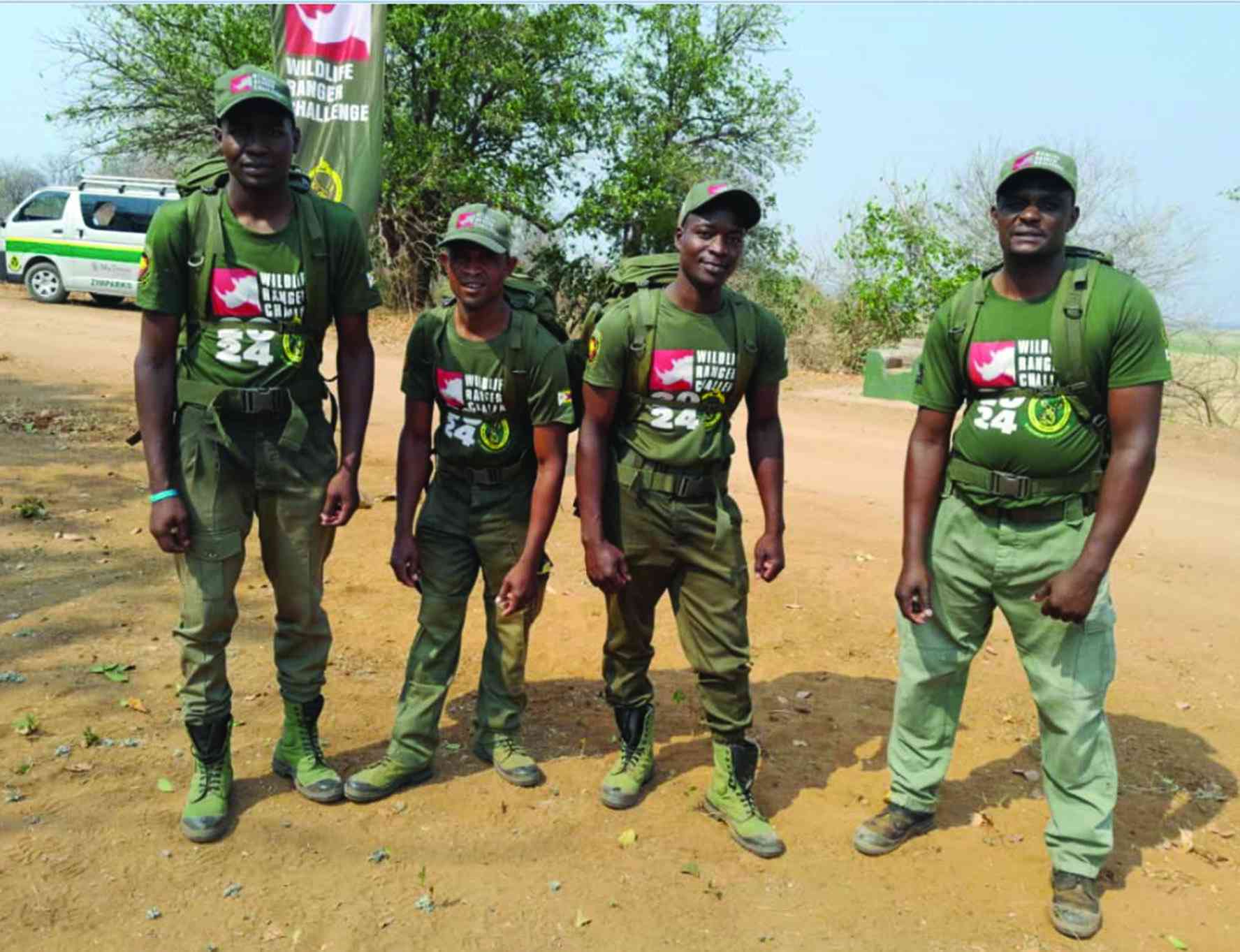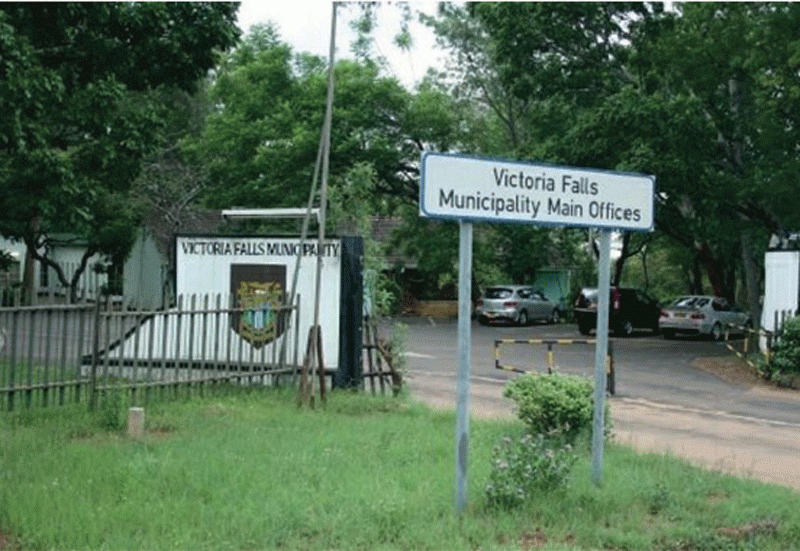
IN the realm of biodiversity conservation, wildlife rangers stand as the unsung heroes, tirelessly working on the frontline to protect wildlife species and their habitats.
Their contributions are only critical for biodiversity, but also for the well-being of ecosystems and local communities.
Wildlife rangers are regarded as the first line of defence against poaching and habitat destruction.
According to Johannes Refisch from the UN Environment, the work of rangers and eco-guards is multifaceted, encompassing everything from monitoring wildlife populations to enforcing laws that protect natural resources.
Their presence in protected areas deters illegal activities and helps maintain the delicate balance of ecosystems.
Moreover, rangers play a pivotal role in engaging local communities.
By fostering relationships with residents, they help mitigate human-wildlife conflicts and promote sustainable practices that benefit both wildlife and people.
This community-centric approach is essential for long-term conservation success, as it encourages local stewardship of natural resources.
Despite their important role, rangers often face significant challenges, including unfriendly working conditions and precarious employment situations.
Many rangers risk their lives on daily basis to protect wildlife, and their mental and physical well-being is paramount for effective conservation efforts.
Honouring, recognising and supporting these brave individuals is vital for sustaining their commitment to conservation.
Speaking at the 21km Rangers Wildlife Challenge recently in Kariba, Zimbabwe Parks and Wildlife Management Authority (Parks Authority) area manager for Kariba, Artwell Sibanda, said the Wildlife Ranger Challenge represents a significant initiative aimed at supporting the dedicated individuals who serve as the guardians of natural heritage.
“Rangers are vital to wildlife conservation, acting as the frontline defenders against poaching and habitat destruction. Their commitment to protecting wildlife and maintaining biodiversity is invaluable, especially in areas where wildlife faces unprecedented threats,” Sibanda said.
“This challenge does not only raise awareness about the critical role of rangers, but also mobilises resources to enhance their capabilities.
“By participating in the Wildlife Ranger Challenge, we honour and recognise the tireless efforts and commitment of these individuals who work under challenging conditions to safeguard our ecosystems.”
Added Sibanda: “As we rally behind this initiative, it is critical to recognise that the success of wildlife conservation efforts hinges on the well-being and effectiveness of rangers.
“Supporting them is not just an investment in their future, but also in the future of our planet’s biodiversity. Together, we can ensure that rangers have the resources they need to continue their essential work, protecting wildlife for generations to come.”
Sibanda added that rangers were indispensable to wildlife conservation, serving as guardians of nature and champions of community engagement.
“Their commitment, dedication and resilience are crucial in the ongoing fight against biodiversity loss, making them true heroes in the quest for a sustainable future,” he said.
Organised by Tusk Conservation, the Rangers Wildlife Challenge is a vital initiative that underscores the essential role of wildlife rangers in conservation efforts across Africa.
One of the primary objectives of the challenge is to raise awareness about the critical work that rangers do to protect biodiversity.
By bringing together ranger teams from various regions, the event highlights the challenges they face, such as poaching and habitat loss, and fosters a greater understanding of the need for conservation efforts.
The challenge serves as a significant fundraising platform, generating resources that directly support ranger teams and their operations.
Funds raised through the event help provide essential equipment, training, and resources necessary for rangers to effectively carry out their duties in protecting wildlife and their habitats.
The challenge also fosters a sense of solidarity among rangers from different regions.
By competing together, rangers can share experiences, strategies, and best practices, enhancing their collective capacity to address conservation challenges.
This camaraderie is crucial for building a united front against threats to wildlife.










